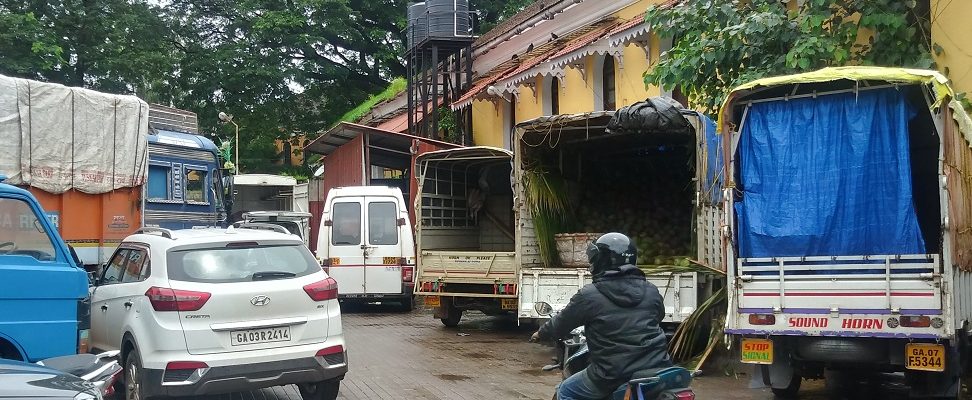Panaji Highlights Low-Carbon Strategies for Urban Freight at Daring Cities 2021

India has witnessed rapid economic growth in the past few decades, along with accelerated investment and the development of critical infrastructure, including transport infrastructure. However, with the growing urban population, cities are witnessing the negative effects of increased freight traffic, such as high levels of air pollution and GHG emissions, risks to the road safety of people, and the economic burden of congestion.
In this context, the Corporation of the City of Panaji (CCP), with technical support from ICLEI South Asia, is implementing the EcoLogistics project to prioritise urban freight strategies that will reduce the externalities such as impacts on air quality, noise levels, and health, and reduce fatalities, injuries, traffic congestion and GHG emissions.
Among the pioneering cities in India that are developing low-carbon strategies for urban freight, in collaboration with ICLEI South Asia, CCP was invited to present their Low Carbon Action Plan on Urban Freight during the cornerstone event at the Daring Cities 2021 conference. The invitees included Mr. Shrikant Lawande, Municipal Engineer Grade III, CCP, and ICLEI South Asia staff Amar Kulkarni. The Daring Cities 2021 conference was organized by ICLEI – Local Governments for Sustainability and the Federal City of Bonn, in partnership with the Federal State of North Rhine-Westphalia, the Foundation for International Dialogue of the Savings Bank in Bonn, the Ministry of the Environment of the Government of Japan, and the Federal Ministry for Economic Cooperation and Development of Germany.

Officials from CCP and ICLEI South Asia staff presented the strategies and key steps taken by the Corporation and the processes involved in developing the Low Carbon Action Plan. The importance of mapping and involving stakeholders was also discussed. The formation of a multi-stakeholder working group, comprising stakeholders from various backgrounds including the government, assisted in improving decision making at the local government level. The presentation also gave insights into freight emissions in Panaji, causes of emissions, mapping of freight micro issues in the city, and the subsequent goals and strategies developed by CCP to achieve low-carbon and efficient urban freight movement at the local level.
The EcoLogistics project is being supported by Germany’s Federal Ministry for the Environment, Nature Conservation and Nuclear Safety, through the International Climate Initiative. Apart from Panaji, the project is being implemented in the cities of Kochi and Shimla in India. The project intends to showcase approaches for integrating urban freight as part of the overall city development and for reducing negative externalities attached with the sector.